Mind: A Brief Introduction (Fundamentals of Philosophy Series)
£9.00
“The philosophy of mind is unique among contemporary philosophical subjects,” writes John Searle, “in that all of the most famous and influential theories are false.” One of the world’s most eminent thinkers, Searle dismantles these theories as he presents a vividly written, comprehensive introduction to the mind. He begins with a look at the twelve problems of philosophy of mind–which he calls “Descartes and Other Disasters”–problems which he returns to throughout the volume, as he illuminates such topics as materialism, consciousness, the mind-body problem, intentionality, mental causation, free will, and the self. The book offers a refreshingly direct and engaging introduction to one of the most intriguing areas of philosophy.
Read more
Additional information
| Publisher | Illustrated edition (1 Nov. 2004), Oxford University Press |
|---|---|
| Language | English |
| File size | 1151 KB |
| Text-to-Speech | Enabled |
| Screen Reader | Supported |
| Enhanced typesetting | Enabled |
| X-Ray | Not Enabled |
| Word Wise | Enabled |
| Sticky notes | On Kindle Scribe |
| Print length | 326 pages |

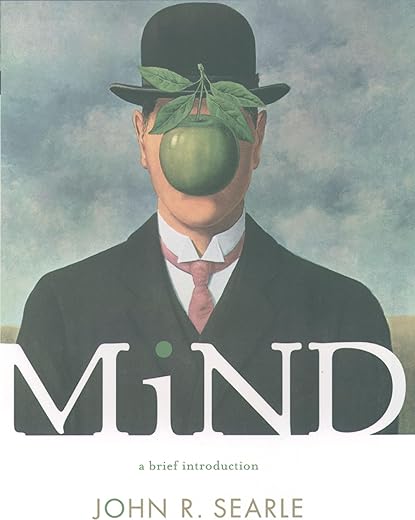
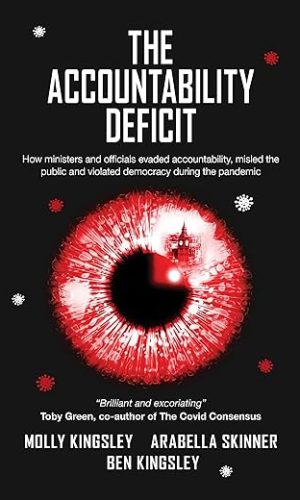
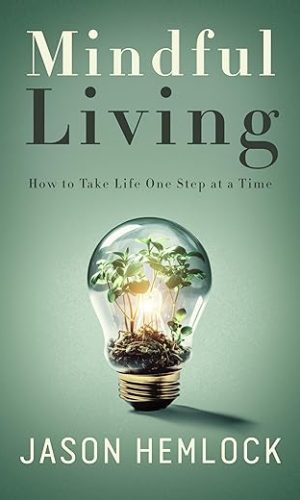
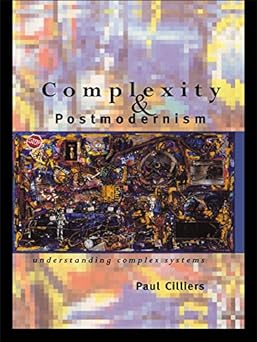
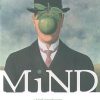
by John Saunders
Very slight reservations – I’m not surer Searle quite understands some of the difficulties that the new student to philosophy of mind experiences, especially as getting across an interpretation of mind as material. Perhaps I was expecting too much. Nevertheless, warmly recommended and of the three books I’ve read covering similar ground, I think it is the best.
by Per Sodersten
John Searle writes on “Free Will”:
1. “Whenever we make up our minds, we have to presuppose freedom. If, for example, I am in a restaurant and I am confronted with a menu and the waiter asks me what I would like, I cannot say: ‘I’m a determinist, I’ll just wait and see what happens,’ because even that utterance is only intelligible to me as an exercise of my free will.”
2. “I cannot think of that utterance as something that just happened to me, like a sudden pain in the stomach.” (page 219).
And on the relationship between the brain and the mind Searle writes:
3. “My feelings of thirst are entirely caused by neurobiological processes in the brain.”
(page 111).
Searle refers to his view as “Biological Naturalism”.
Searle’s points are flawed for the following reasons:
1. We are not in restaurants by chance. There is a reason for going there. For example, I thought it would be nice to go for lunch with a friend of mine to discuss Searle’s book. When in the restaurant, the waiter asked us what we wanted to eat. We responded: “we are determinists, we’ll just wait and see what happens’, because we had read Searle’s book. The waiter then recommended a fish dish and white wine for my friend and a spicy dish and a beer for me. When eating out, I often ask the waiter to recommend something from the menu, with essentially the same effect.
There is no need to postulate “Free Will”, neither on the part of me and my friend nor on the part of the waiter, to explain what happened to the three of us.
2. Halfway through lunch my friend got “a sudden pain in his stomach”. He was recovering from the flu, which is one of the many possible causes of stomach pain. Stomach pain does not “just happen”.
The gastrointestinal tract has its own nervous system, which is anatomically separated from, but affected by the central and peripheral nervous systems. This is the enteric nervous system. According to “Biological Naturalism”, “a sudden pain in the stomach” is only “intelligible as an exercise of free will” by this nervous system. “Biological Naturalism” probably locates the “Free Will” of the gastrointestinal tract to the enteric nervous system rather than to the stomach, kidney or liver, because pain that is perceived to originate in the stomach can actually originate in some of the other organs. However, “Biological Naturalism”, might have to postulate separate gastrointestinal “Free Wills”, one in the stomach, one in the liver etc.
3. My lunch was delicious and because it was spicy I got thirsty and ordered another beer. Saying that my feeling of thirst was “entirely caused by neurobiological processes in the brain” is similar to saying that my ordering of another beer was “entirely caused by neurobiological processes in the brain.” Neither of these statements make any sense, although the first statement might seem to make sense. My brain did not “cause” anything, it mediated between my ingestion of the spicy food, my thirst and my ordering of another beer.
by Bart
Rubbish book! I don’t recommend – it’s utterly uninteresting and badly written.
by anonyme
Excellent book, very clear, brilliant. The best introduction to the philosophy of mind.
by Brian Dunn
excellent book
by Lems Lucas
Searle is a brilliant philosopher, and in this book brings philosophy into the real everyday world.
I recommend it, as a readable, direct, and dazzling account of the human mind.
by Kristina Radzeviciute
Good book for BSc Psychology students
by Vandegoor
A introduction to the philosophy of mind… A lesson-series is also available on YouTube